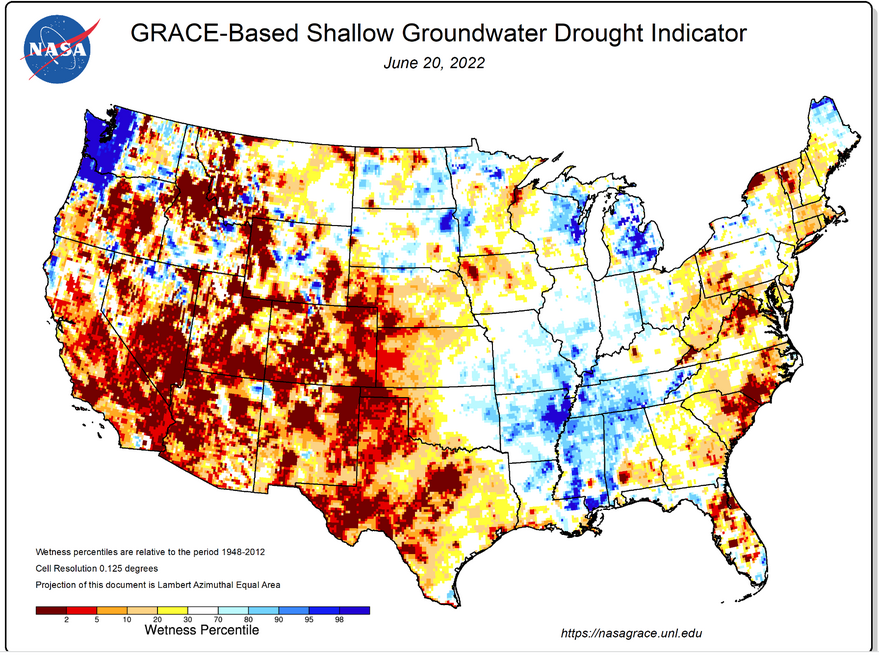SAN FRANCISCO – The SmallSat Alliance is inviting U.S. university students to propose space-related solutions for formidable technical and policy challenges as part of the Collegiate Space Competition.
The first of what is expected to become an annual competition focuses on two topics: Earth science and environmental monitoring as well as space congestion and orbital debris. Entries must be submitted by May 8, 2023. First, second and third place winners in technical and nontechnical categories will receive cash prizes.
The Collegiate Space Competition is designed to bolster space-sector recruiting and to publicize the wide range of skills and talents space companies need.
“Many college students are not aware of this whole sector of the economy,” said SmallSat Alliance Chairman Chuck Beames.
While industry initiatives often focus on connecting space companies with students majoring in science, technology, engineering and math, “there’s also a huge need in the space business for nontechnical people,” Beames said. “We need liberal arts majors. We need business majors.”
On the policy front, for example, the Collegiate Space Competition notes that small satellites measure and monitor a variety of environmental conditions from soil moisture to air pollution. It then asks competitors to suggest ways state and local governments could take advantage of the small satellite sector to prepare for changing environmental conditions.
For technical entries, the competition poses questions about the role of small satellites in assessing soil moisture and nitrogen levels. It also asks how space data can help mitigate the adverse effects of climate change.
Regarding orbital congestion, the Collegiate Space Competition asks whether the U.S. government should play a role in regulating private-sector access to orbital slots. And if so, what kind of regulatory and government model would ensure that orbital slots are allocated equitably worldwide?
Technical competitors, meanwhile, are asked to provide “a realistic and environmentally safe solution to dispose of old rocket and satellite debris.”
Through the Collegiate Space Competition, the SmallSat Alliance intends to raise the profile of the entrepreneurial space sector for students attending minority-serving institutions including historically black colleges and universities.
“There’s a great amount of talent there,” Beames said. “I want them to become aware of this sector of the economy.”
